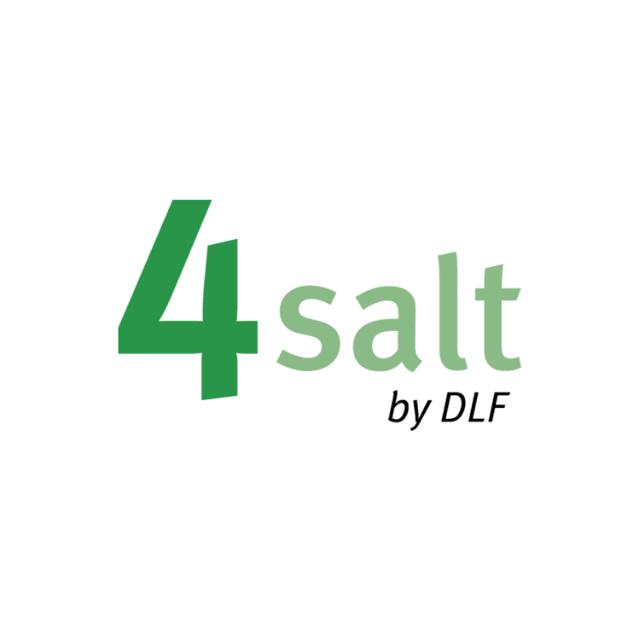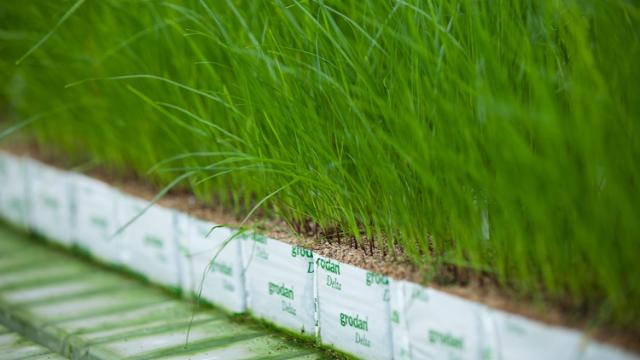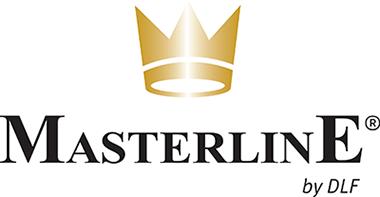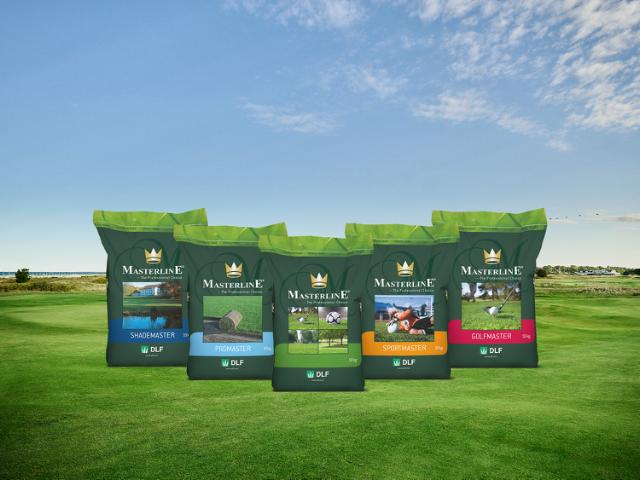
4salt® – Improved growth in saline conditions
4salt® is developed for areas with salinity problems and limitations on irrigation water, helping turf professionals grow a persistent turf under harsh conditions.
Saline conditions - Not a problem anymore!
Being near the coast should never restrict your ability to grow first quality turf. For many golf courses, for example, a clifftop location is part of the attraction. But even in locations that are distant from the sea, salinity can be a problem caused by rising levels of salt in ground water and an increasing reliance on recycled water for irrigation. Salinity also affects the verges of winter-saltes roads. Whether the salinity is due to salt in the soil, the nearby sea or the irrigation water, the 4salt® solution offers better plant growth than standard grass seed mixtures.
Our 4salt mixtures will perform well also without salinity problems, so it is at no risk to choose them as a safeguard in case of doubt, or to be prepared for changes in the quality of irrigation water etc.

For several uses 4salt® should be the obvious choice
4salt® varieties are tested for salt tolerance and have shown improved growth under saline conditions. Our varieties should be the obivious choice under saline conditions as presented here:
- Coastal golf courses
- Dikes
- Roadsides
- Area irrigation with recycled water with varying or unknow quality

The science behind 4salt®
The 4salt® concept is a results of continuous testing and selection in our R&D facilities. By exposing our germplasm to rising levels of salt in the growth substrate, we identified the most salt-tolerant varieties of species such as tall fescue and slender creeping red fescue. Before we release a variety, we put it through a 180-day salt test. This lets us check that it meets your needs - for coastal locations, for sport or amenity use, and for turf irrigated with saline recycled water.
After a variety becomes established, we put it through a more demanding test in which we raise the salt content until it matches 3% salinity of sea water. By scoring each variety for salt-tolerance, we can compare with other varieties sold for salt-tolerance. Our varieties score best in these comparisons.
Turf ready for action
Resilient turf solutions for a green and healthy turf
The Masterline® mixtures are designed for golf courses, stadiums, parks, etc. The mixtures consist of very fine-leafed and dense-growing, quality varieties. Whether the need is for a drought and heat tolerant mixture, a mixture that beats the weeds or a mixture that has increase disease tolerance, the Masterline® range has the solution. For enhanced performance two varieties of each species are always used in the mixtures.
Seeding solutions for the future
Climate changes increase the need of alternative irrigation, 4salt® is the varieties to overcome that.
Our 4salt® varieties are known to improve growth in saline conditions. Their salt tolerance enables for better growth in challeging salt conditions compared to regular not-screened varieties.
The better salt tolerance enables professional turf managers and seed producers to use recycled water with saline- or unkown quality. Using 4salt® varieties is perfect for decreasing the use of tap-water and help support grass growth towards a sustainable production in the future.
Salt tolerance is specie dependent
Our salt screening of different grass varieties has shown the importance differences between species. The 4salt® brand is used to identify varieties and mixtures optimized for saline conditions, based on our R&D results.
Salt tolerance tests show huge differences between species:
| Average | |
| Red fescue - slender creeping | 8,8 |
| Tall fescue | 8,3 |
| Creeping bentgrass | 7,8 |
| Red fescue - strong creeping | 7,2 |
| Hard fescue | 6,9 |
| Perennial ryegrass 4n | 6,3 |
| Smooth-stalked meadow-grass | 6,0 |
| Perennial ryegrass 2n | 5,2 |
| Velvet bent | 5,0 |
| Browntop bent | 4,3 |
| Red fescue - chewings | 4,2 |
| Rough-stalked meadow-grass | 4 |
Brochures

Mixtures
Masterline mixtures with 4salt® enhanced salt tolerance.
Our 4salt® mixtures will perform well also without salinity problems, so it is at no risk to choose them as a safeguard in case of doubt!
